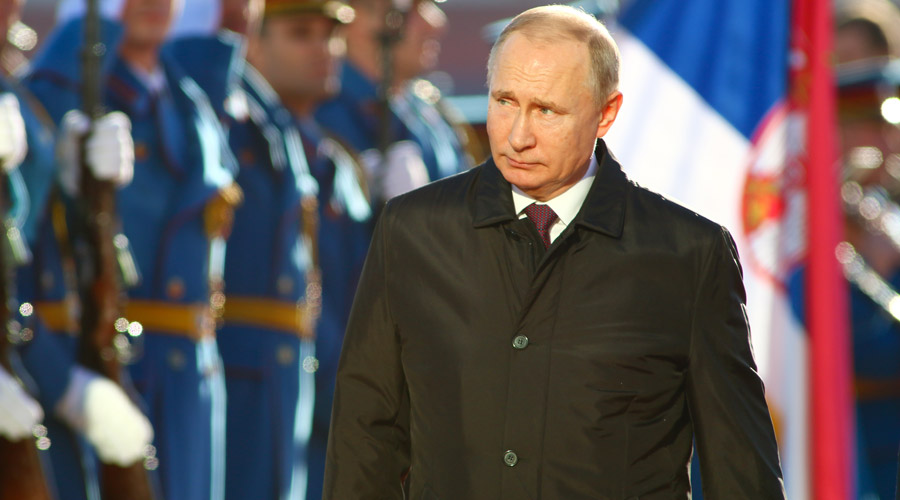Three decades after the scarlet banner of the Soviet Union came down from the Kremlin, many of the former socialist behemoth’s constituent republics are simultaneously in churn, their futures at stake. Protests in Kazakhstan that started over the doubling of gas prices have since morphed into street agitations threatening the country’s autocratic regime. For the moment, Central Asia’s wealthiest nation has successfully crushed the protests with help from troops sent by the Russia-led Collective Security Treaty Organization that also includes Kazakhstan, Armenia, Uzbekistan, Tajikistan and Kyrgyzstan. While the CSTO has described the broader demand for democratic reform as an act by armed, foreign militants, it is clear that Kazakhstan’s ruling elite is under greater pressure than ever before to ensure that the nation’s riches, primarily from gas exports, are spread more evenly. Russian troops are lined up on three sides of Ukraine, the latest flashpoint between Moscow and the West. Border clashes between Armenia and Azerbaijan persist, even as a fragile peace accord in the Caucasus, mediated by the Russian president, Vladimir Putin, holds for now. Belarus is continuing with its crackdown on opponents of its leader, Alexander Lukashenko, following last year’s protests against his controversial re-election.
There is a common thread running through all these crises: a fresh contestation for geopolitical supremacy in Russia’s immediate neighbourhood. The first decade of this century saw NATO expand its footprint in the region, with the former Soviet republics, Latvia, Lithuania and Estonia, joining the military alliance led by the United States of America in 2004. But the ouster of Ukraine’s elected, pro-Moscow president, Viktor Yanukovych, following mass protests in 2014, proved to be a turning point. With the US under Barack Obama and then Donald Trump reluctant to play the global policeman, Russia stepped in, annexing Crimea and launching a war in eastern Ukraine that continues. The world is now witnessing the latest chapter of this power struggle, with the current US president, Joe Biden, seemingly more willing to challenge Mr Putin. Major powers view the influence of their rivals in their immediate neighbourhood as a threat — India and the US are no different with China’s presence in South Asia and Latin America, respectively. Moscow’s insecurity is not surprising. Even if diplomacy brings Eurasia back from the brink of a conflict for now, the broader source of tensions will remain. That is a cause of concern.











